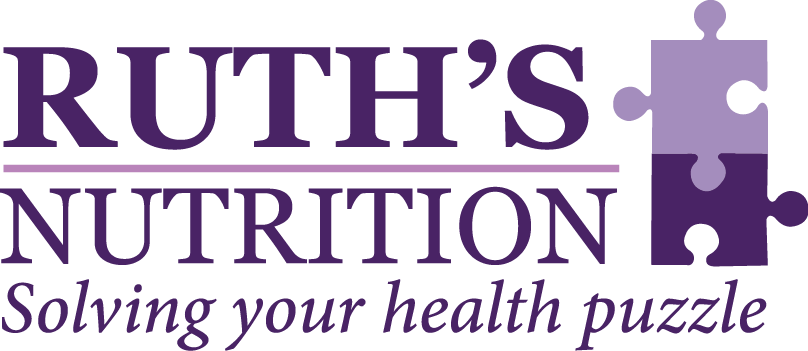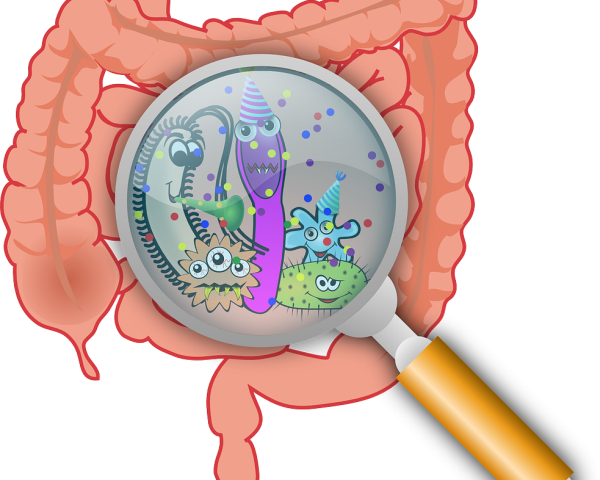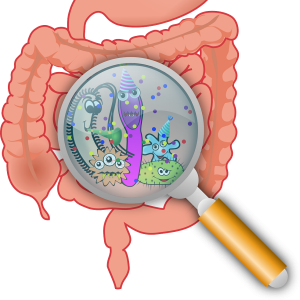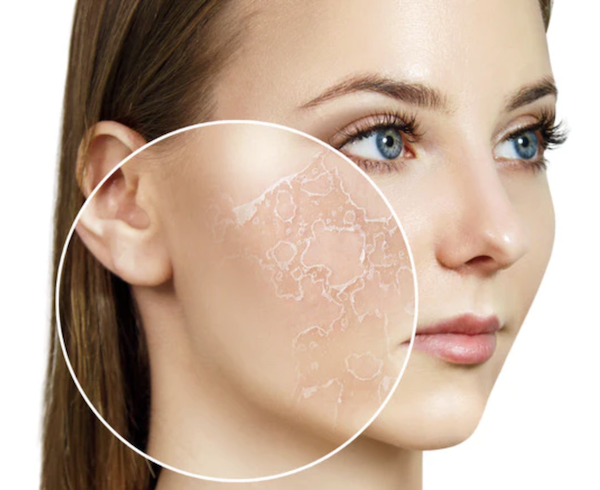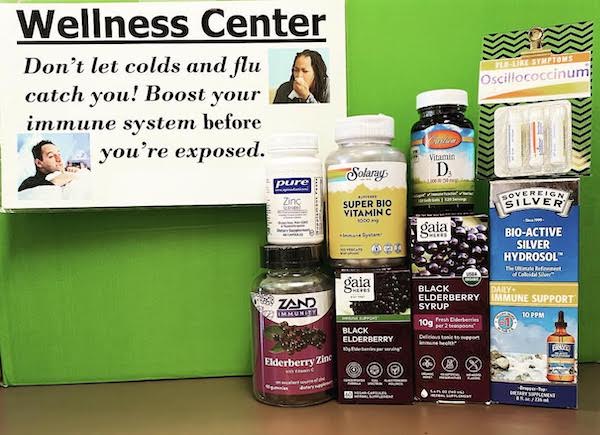These microorgnisms have a lot to offer
Probiotics are those tiny little beneficial bacteria that can pack a powerful punch. Too few of them in your gut and you’re bound to have digestive distress. Add some back into your diet or supplement regime and you can improve a multitude of uncomfortable conditions, including irritable bowel syndrome, diarrhea, skin conditions like eczema, and infections of the respiratory and urinary tracts.
You can find beneficial bacteria in fermented foods (Ruth’s carries the Perfect Pickler system to help you make your own!) or in good quality supplements.
So what, exactly, do probiotics do? They use multiple actions to achieve diverse results, but primarily they create a healthy, non-inflammatory environment in the gut. If your gut lining is inflamed or “leaky,” probiotics can help restore a healthy barrier. According to Dr. Kara Fitzgerald, “Healthy gut bacteria help to increase production of helpful nutrients, including vitamin K, folate and other important B vitamins. Good bacteria are responsible for producing 70% of the energy used by intestinal epithelial cells. They do this by fermenting dietary fiber and making short chain fatty acids, particularly n-butyrate.” They also keep bad guy bacteria, like E. coli, in check.
Probiotics are probably best known for treating diarrhea, especially that caused by antibiotic use, but probiotics can improve diarrhea from any cause. One study showed it reduced antibiotic-caused diarrhea by 42%. Other clinically tested potential benefits include reducing LDL cholesterol, improving markers of metabolic syndrome (diabetes, hypertension, fatty liver, heart disease), reducing tooth decay, preventing allergic conditions such as eczema, reducing the incidence of urinary tract and upper respiratory tract infections, and reducing symptoms of irritable bowel syndrome as well as rheumatoid arthritis.
That’s a lot for those tiny little organisms to achieve! Clearly, investing in a good probiotic delivers considerable bang for your buck.
REFERENCES:
HealthLine
